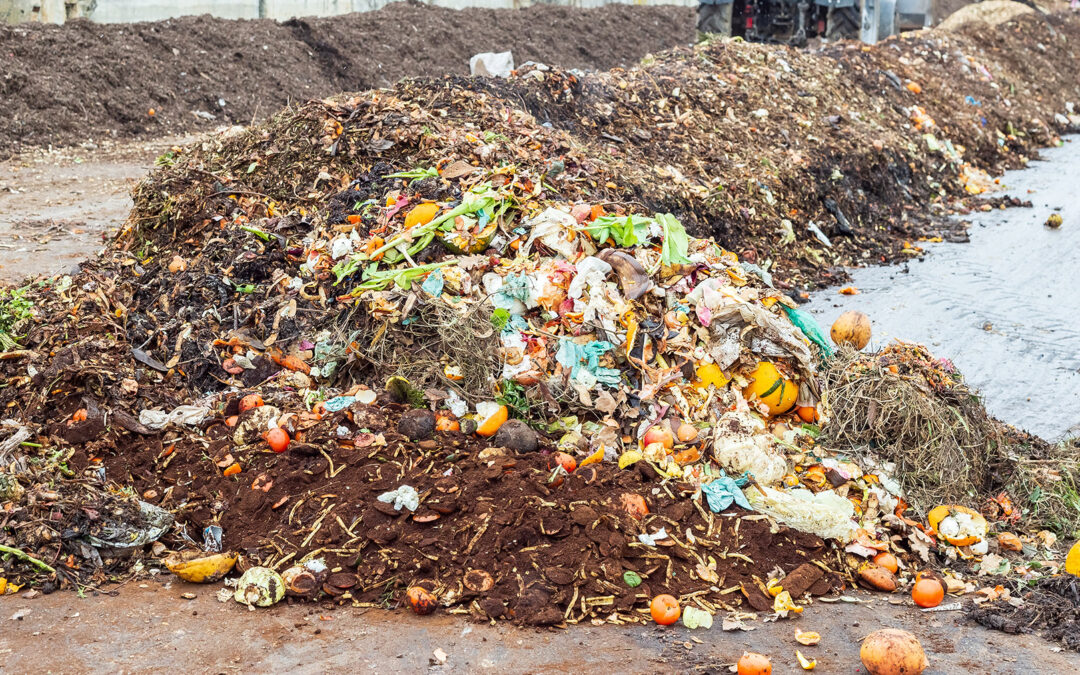Recycled horticultural waste refers to the process of reusing or repurposing organic materials generated from gardening, landscaping, and agricultural activities. This waste typically includes plant debris, such as leaves, grass clippings, pruned branches, and other organic matter that accumulates during horticultural and gardening practices. Instead of disposing of these materials in landfills, they are collected and recycled in various ways, contributing to environmental sustainability and resource conservation.
Recycling horticultural waste helps reduce the burden on landfills, conserves natural resources, improves soil health, and promotes sustainable gardening and farming practices. It is an eco-friendly approach to managing organic waste generated in horticultural and agricultural activities.
Importance of recycled horticultural waste
Recycling horticultural waste is of significant importance for several reasons, as it contributes to environmental sustainability, resource conservation, and overall ecosystem health. Here are some key reasons why recycling horticultural waste is important:
- Reduces Landfill Waste: Horticultural waste, such as plant trimmings, leaves, and prunings, can make up a significant portion of municipal solid waste. By recycling these materials, we can divert them from landfills, which helps to reduce the burden on landfill sites and minimizes the release of harmful greenhouse gases from decomposing organic matter.
- Nutrient Recycling: Horticultural waste, especially organic materials like leaves and trimmings, contains valuable nutrients. Recycling these materials through composting or mulching returns these nutrients to the soil, enriching it and promoting healthier plant growth. This reduces the need for synthetic fertilizers, which can be harmful to the environment when overused.
- Soil Health: Adding recycled horticultural waste to the soil improves its structure, water-holding capacity, and aeration. It also enhances the soil’s microbial activity, which is crucial for nutrient cycling and maintaining a healthy ecosystem. Healthy soil contributes to better plant growth and resilience.
- Erosion Control: Mulching with horticultural waste helps control soil erosion by reducing water runoff and preventing soil compaction. This is especially important in horticultural settings to protect delicate root systems and prevent soil loss.
- Biodiversity and Habitat: Horticultural waste, when properly recycled, can create habitat opportunities for beneficial insects, birds, and other wildlife. Decomposing organic matter provides food and shelter for various species, contributing to increased biodiversity in your garden or landscape.
- Water Conservation: Mulch made from recycled horticultural waste helps retain soil moisture, reducing the need for irrigation. This not only conserves water but also saves time and resources spent on watering plants.
- Carbon Sequestration: Composting horticultural waste can help sequester carbon in the soil, reducing greenhouse gas emissions. Healthy soils with ample organic matter content store more carbon, mitigating climate change.
- Saves Money: Recycling horticultural waste can save money for both homeowners and businesses. It reduces the need for buying external soil amendments, mulch, or fertilizers, leading to cost savings in the long run.
- Community Engagement: Encouraging recycling of horticultural waste can foster a sense of community and environmental responsibility. Community composting programs and shared mulching initiatives can bring people together while promoting sustainable practices.
- Compliance with Regulations: In some areas, there may be regulations or ordinances that require proper disposal or recycling of horticultural waste. Complying with these regulations is important to avoid fines and legal issues.
In conclusion, recycling horticultural waste is crucial for environmental sustainability, resource conservation, and promoting healthy ecosystems. Whether in a home garden, commercial horticulture, or landscaping projects, responsible management of horticultural waste can have numerous benefits for both the environment and the community.
Collier Recycling Services is located in Naples, Collier County for more information please call (239) 352-7888

